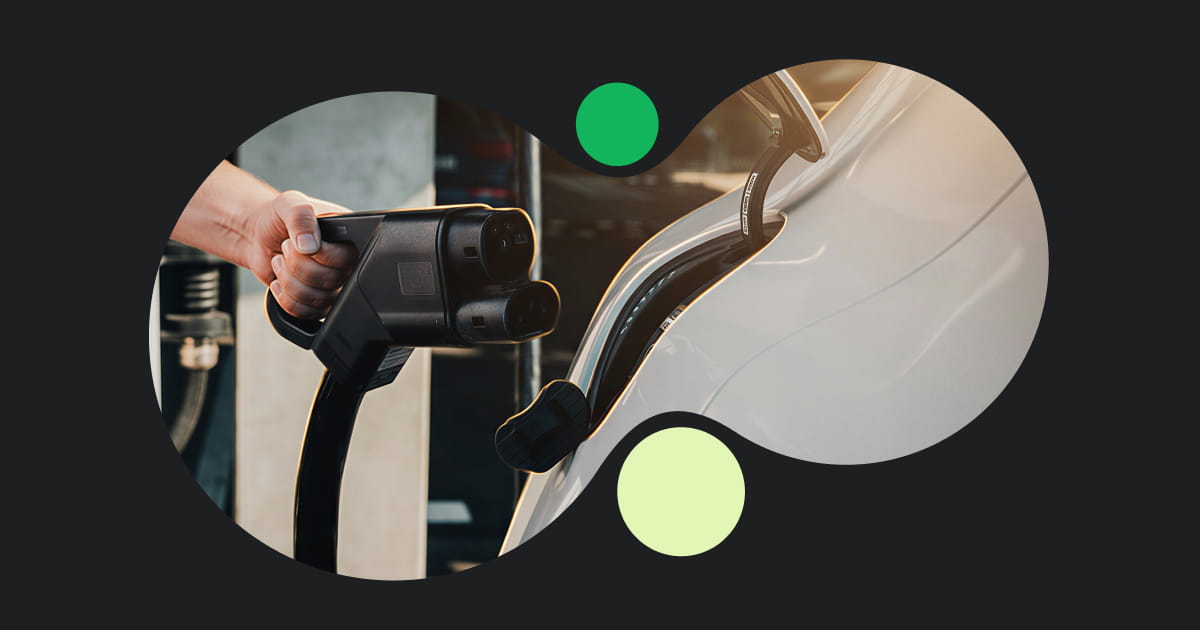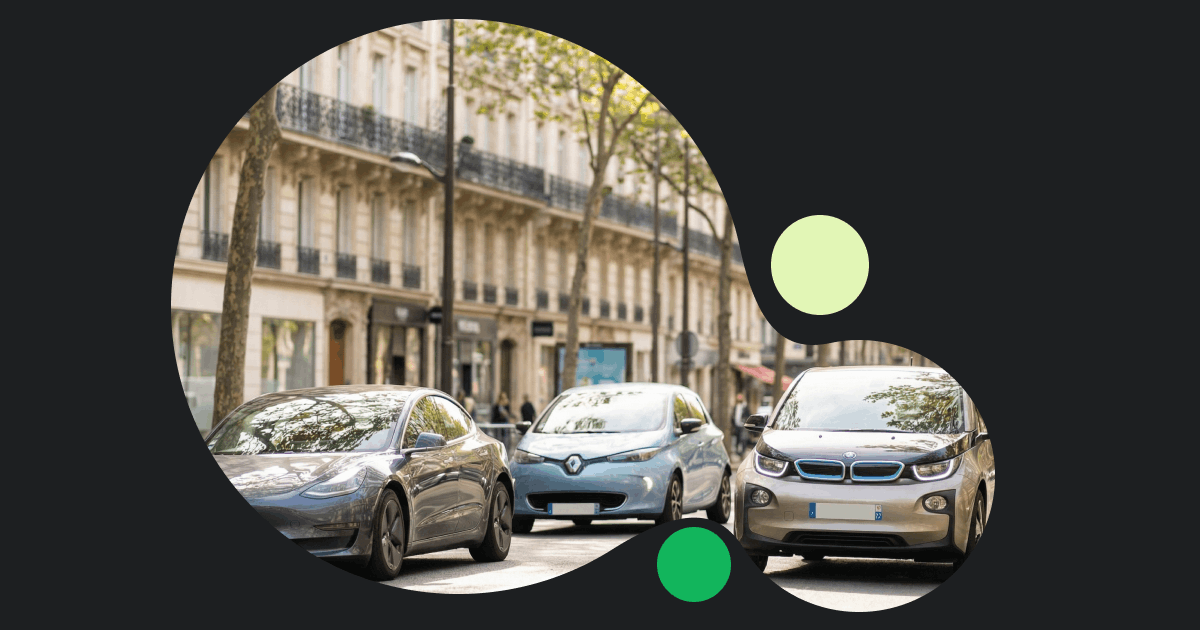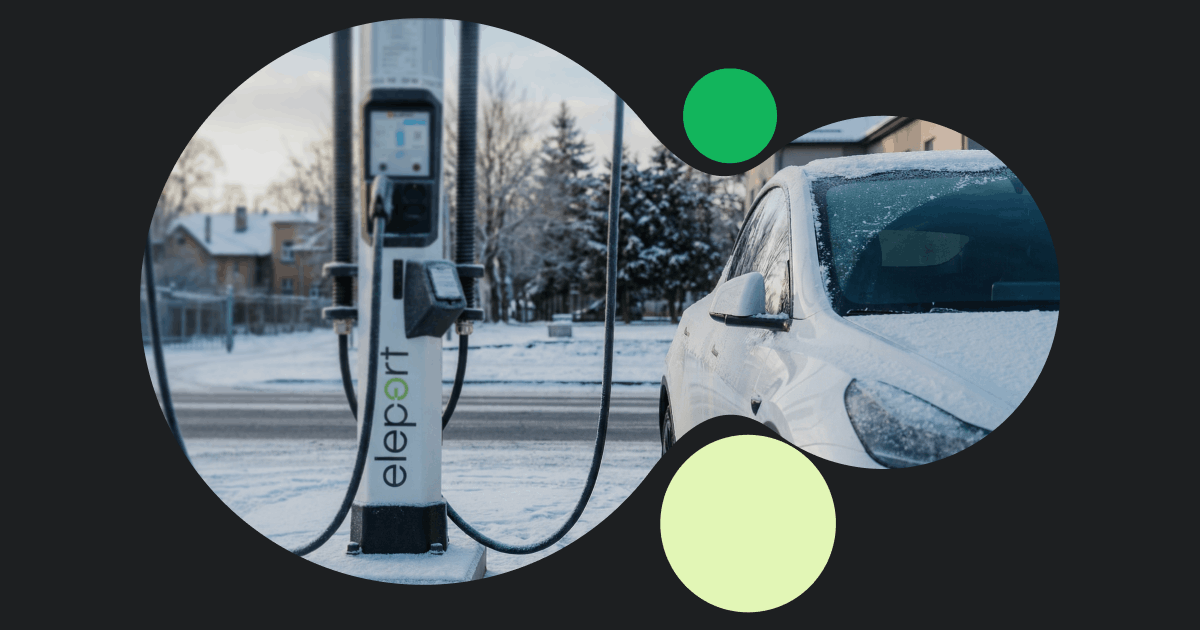EVs promise lower run costs, but is public charging as affordable as you think? Prices depend on location, charge speed, and provider. If you’re not careful, you could pay more than expected and end up saving a lot less when switching to EV. Whether you drive daily or travel long distances, understanding charge costs can help you avoid surprises.
The need for a reliable electric car charging guide has never been greater for EV drivers. Charger costs vary based on charger type, time of day, and regional electricity rates. Some locations offer low-cost or even free charges, while others can be far more expensive than usual.
So, is public charging truly budget-friendly? Let’s break down real costs, compare options, and explore ways to charge smarter and save money.
Key Factors That Affect Charge Prices
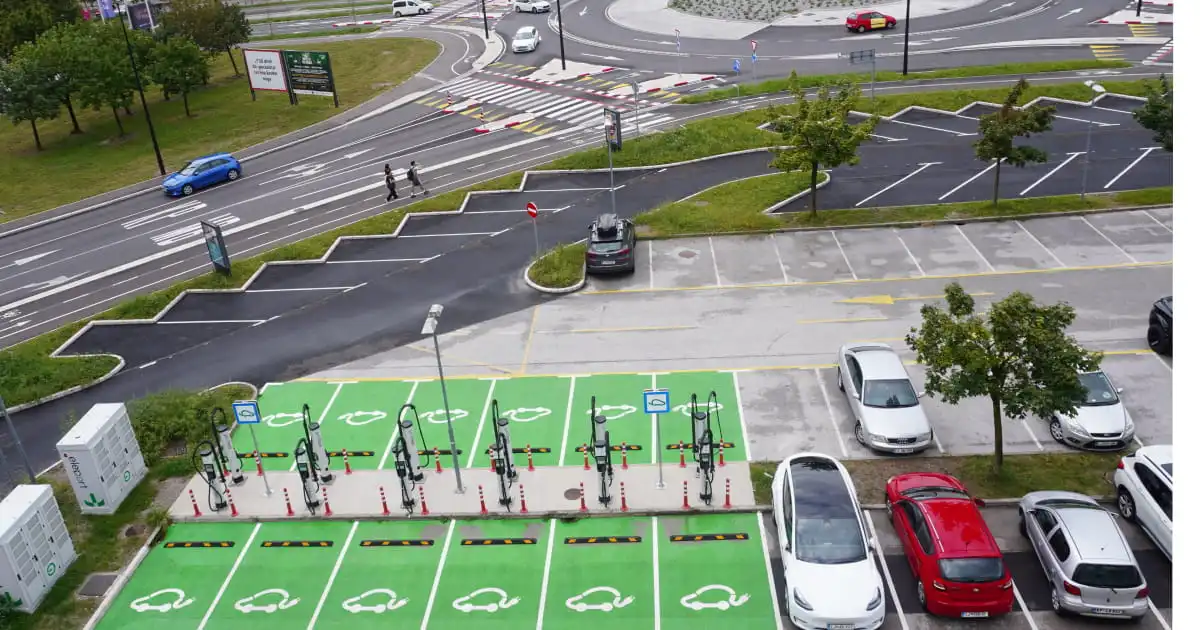
If you drive an EV in Europe, it is essential to understand how much it costs to charge an electric car at a public station for budgeting and trip planning. This guide explains key factors that affect the price and helps EV owners stay in control of their expenses.
1. Public Charger Type – Speed vs. Price
The type of charging station you choose often significantly impacts the price per kilowatt-hour (kWh). As a rule of thumb, the faster the charger, the higher the cost to charge an electric car at a public charging station.
- Slow AC Charging (3.7–11 kW) – common in city centers, residential areas, and workplaces, usually as a wall-mounted charging box. Charging a 50 kWh battery fully takes 5 to 12 hours. Costs are usually €0.15–€0.35 per kWh.
- Fast AC Charging (22 kW) – common in retail locations and some workplaces, also usually deployed as wall-mounted chargers or as chargers on pedestals, these reduce the charge time, but cost slightly more. A full charge can take 2 to 4 hours. Cost: €0.25–€0.45 per kWh. However, note that most EVs are only able to charge at up to 11 kW in these, as the onboard charger rarely supports 22 kW.
- DC Fast Charging (50–150 kW) – typically found along motorways or in larger charging hubs, allowing for fast charging for most of the battery in 30 to 60 minutes. Cost: €0.30–€0.60 per kWh.
- Ultra-Fast Charging (150–350 kW) – the fastest option, delivering 80% charge in just 15 to 30 minutes. Ideal for long trips but comes at a premium. Cost: €0.40–€0.90 per kWh.
Note that the real charging power your car can draw at the DC charging stations depends on the car’s charging curve, temperature, and starting SOC.
Also, these prices can vary heavily depending on the charging network and locations.
2. Public Charging Location – City, Rural, or Motorway?
What does it cost to charge an electric car at a public charging station? The price varies greatly depending on where you charge.
- City Charge: Charge points in urban areas, especially at shopping centers or business districts, often offer competitive rates. The lower fees can come from subsidies received from the city or the retailers taking some of the cost, for more foot traffic. Watch out for parking fees.
- Motorway Charge: High-speed chargers along motorways cost more, as operators add a premium for convenience, especially if there’s less coverage in the area. However, the world’s largest charging hubs often have multiple charging networks competing, which drives down the charging prices.
- Residential & Workplace Charge: Many employers and apartment complexes offer reduced or free-charge options.
3. Public Charging Pricing Models – Per kWh, Per Minute, or Flat Fees?
The cost to charge an EV at a public charging station varies depending on the provider’s pricing model. Here are the most common structures:
- Per Kilowatt Hour: The most transparent model, where you pay for the electricity you use, just like at home. This is the absolute most common pricing model you’ll see.
- Per Minute: There are rare fast chargers out there that charge based on time rather than energy delivered, which can be costly for vehicles that charge more slowly.*
- Flat Fees: Some stations, especially in hotel or workplace settings, can charge a fixed session fee, which can be beneficial for a full charge but expensive for a quick top-up. With this, an EV with a smaller battery will mean ending up with a more expensive charging price per kWh.
* The per-minute fee is, however, often applied in another way – as idle fees that is combined with the per-kWh pricing above, when the car isn’t unplugged after charging. For example, Tesla usually charges 0.50€/minute for idle fees starting after 5 minutes of completed charging.
Want to optimise your cost of charging an EV at public charging station? Use a better route planner to find the most affordable stations along your journey – you can find the best tool from our EV Route Planning Tool Guide
How to Reduce Your EV Charging Costs in Central and Eastern Europe
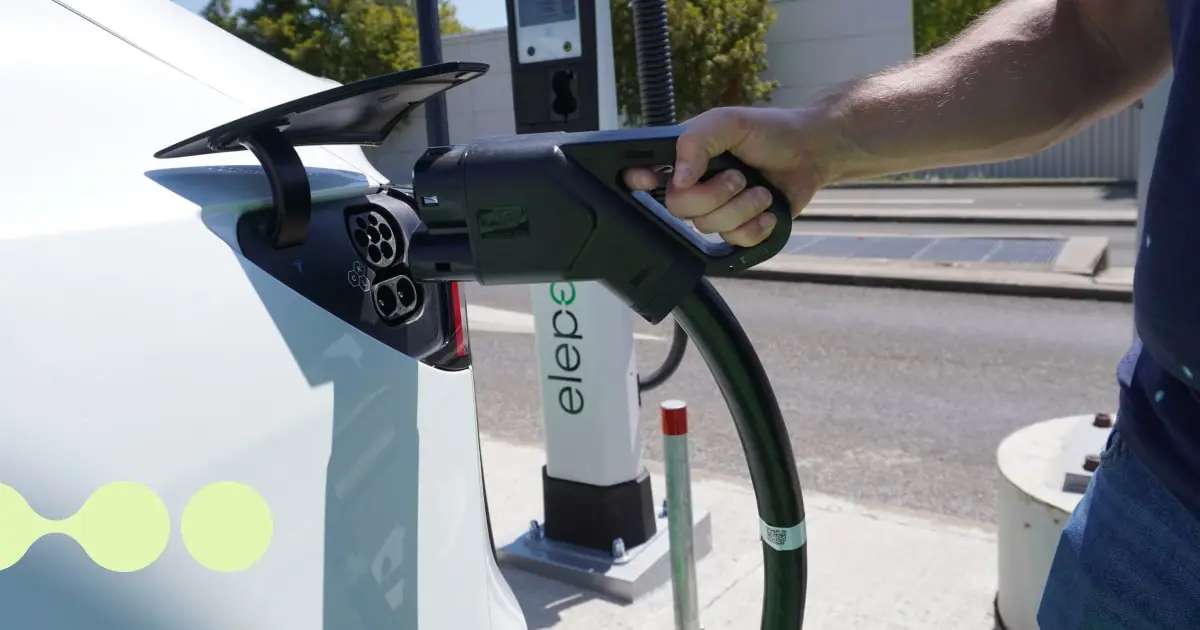
If you want to save money on EV charging in the Baltics or across Central and Eastern Europe, several methods can help. One of the key methods in public charging is using Eleport’s charging stations and mobile app to find the best prices and most convenient spots. These tips help reduce EV charge costs while allowing you to enjoy sustainable travel.
1. Plan Ahead – Use Apps to Compare Prices at Different Stations
Charge prices in the Baltics, along with the larger Central and Eastern Europe, vary between providers and locations. Plan ahead to compare prices, choose budget-friendly stations to reduce unnecessary costs.
How to find an affordable charge:
✅ Use the Eleport app to find charging stations in Estonia, Latvia, Lithuania, Poland, Slovenia, or Croatia. This one app provides instant details on price, charger speed, and availability, regardless of which of these countries you are in.
✅ Compare rates across networks to locate the cheapest charging stations along your route.
✅ Choose locations with lower per kWh prices or smaller session fees to save money.
2. Use Eleport’s Charge Network – Lower Rates & No Hidden Fees
Not all EV charging networks have the same rates. Some providers start from a higher price baseline and can even add costly session fees or time-based charges that raise the total cost. Eleport’s public EV charging stations across Baltics and beyond offer fair rates, clear prices, and no hidden fees.
Why choose Eleport?
✅ Affordable per kWh rates – No excessive costs for fast charging.
✅ No session fees – Pay only for the energy you use.
✅ Easy-to-use app – Find charge stations, check prices, and start charging instantly.
✅ Works across countries – you can use the same app to charge in Estonia, Latvia, Lithuania, Poland, Slovenia, and Croatia.
✅ Renewable energy – Eleport’s chargers run on 100% green electricity for a sustainable drive.
3. Charge During Off-Peak Hours – Save Money at Night
This option for charging for a lower price in the public fast chargers is still a rare sight in Central and Eastern Europe, even though it is becoming more common in Western Europe.
How the tiered pricing per time-of-use (TOU) usually works is that charging networks provide an off-peak pricing tier for the drivers, usually for nighttime, and it’s mostly 10-20% off the daily price. Some networks vary this price even more significantly, giving a larger discount for off-peak charging. Even more rare, but still possible with pilot projects running today, is to find a station that has dynamic fast charging prices that change hourly.
4. Take Advantage of Free Charging Locations
Even today, some businesses in the Baltics and beyond offer free or reduced price EV charging to customers, which is a great way to save money on public charging.
Where to find free EV chargers in the Baltics or Poland:
✅ Supermarkets & Shopping Centers – Some locations offer free or discounted EV charging while you shop.
✅ Hotels & Resorts – Many of them offer free charging for overnight guests, or charge a small fixed fee.
✅ Workplace Charging – Many employers provide free or subsidised EV charging for their employees.
✅ Municipal Charging Stations – Certain cities in Estonia, Latvia, and Lithuania provide subsidised public chargers, often acquired through European Union projects.
Detailed Comparison of Public Charging Providers in Europe
Wondering where to charge your EV for the best price? With hundreds of providers and always different pricing options, it’s tricky. This detailed pricing comparison shows how much it costs to charge an electric car at a charging station across Europe at some charging networks chosen as examples.
| Provider | Coverage | Pricing Model | Cost | Best For |
| Eleport | Estonia, Latvia, Lithuania, Poland, Croatia, and Slovenia | Per kWh | €0.20 – €0.50 per kWh | Affordable public charging across Central and Eastern Europe |
| Ionity | Pan-European, Focused on Highway Charging | Per kWh discounts with a monthly subscription | €0.30 per kWh if at the 11.99€/month subscription, otherwise €0.47€ per kWh | Long-distance travel across Europe |
| Tesla Superchargers | Europe-wide, the largest in Europe | Per kWh | €0.20 – €0.60 per kWh, depending on the charging membership and off-peak or peak pricing | Long-distance travel across Europe |
| Snabb | Baltic States, Partnering with Eleport | Per kWh | €0.20 – €0.50 per kWh | Users in the Baltic region seeking reliable charging options |
| Fastned | 10 European countries across Western and Southern Europe | Per kWh | €0.73 per kWh, but €0.51/kWh on the €11.99/month subscription | Dedicated charging sites, mostly near highways |
| Electra | 9 European countries across Western and Southern Europe | Per kWh | €0.54 – €0.64 per kWh in the app, but €0.29 to €0.39/kWh with €19.99 monthly subscription | Dedicated charging sites, mostly near highways |
| Allego | 16 countries across Europe in 12500 locations. | Per kWh | €0.40 – €0.70 per kWh, depending on the charging speeds | Charging across Europe in both city and rural sites. |
* Please note that pricing and coverage are subject to change. Before planning your charge stops, always review the latest details from each provider to ensure accurate pricing and availability.
Final Words
So, how much does it cost to charge an electric car at a charging station? EVs help cut costs, but expenses can rise fast without a smart plan around charging. Public charge prices vary, and paying premium rates every time isn’t necessary. To keep EV charge costs low:
✔ Plan ahead – Use charge apps to compare rates and find budget-friendly stations.
✔ Pick the right provider – Choose clear pricing and avoid extra session fees.
✔ Charge wisely – Use off-peak rates when possible, free workplace charges, and app or membership discounts where available.
With these strategies and our electric car charge guide, EV owners can lower costs, avoid surprises, and maximise every charge.


